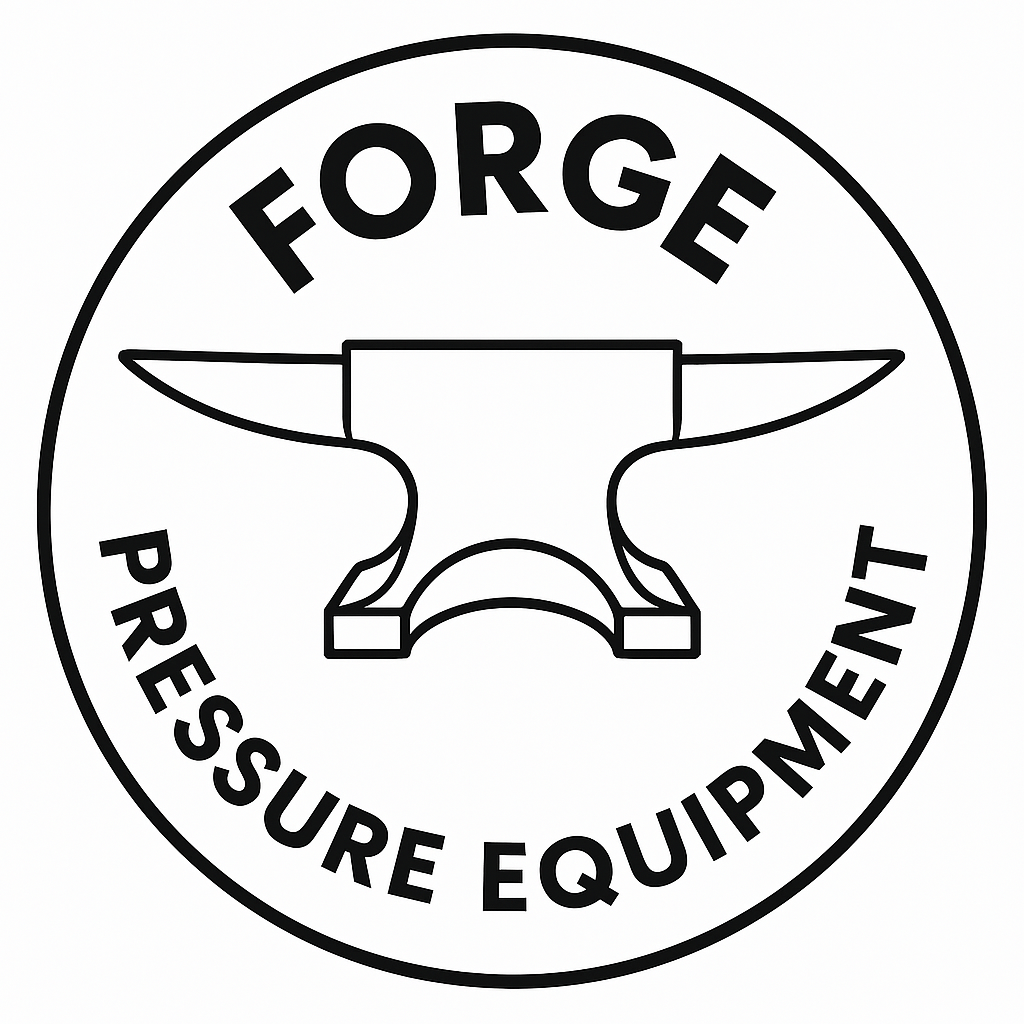Case Study: How University Labs Use Forge Pressure Vessels for Hydrogenation
Introduction
Hydrogenation is a cornerstone technique in modern chemistry, enabling researchers to modify molecules for pharmaceuticals, materials science, and advanced energy applications. In UK university laboratories, the demand for high pressure laboratory pressure vessel equipment has grown significantly as research teams push the boundaries of catalysis and sustainable chemistry.
This case study explores how leading universities are using Forge Pressure Equipment’s lab pressure vessels and high pressure reactors to carry out hydrogenation safely, efficiently, and at scale.
Why University Labs Choose Forge Pressure Vessels
University research environments require equipment that balances flexibility, safety, and reliability. Forge Pressure Equipment’s laboratory pressure vessels are designed with these needs in mind.
Key reasons researchers select Forge vessels include:
Robust construction for repeated high‑pressure use
Modular designs that adapt to different hydrogenation workflows
Clear instrumentation for monitoring pressure and temperature
Scalable options for both teaching labs and advanced research groups
Proven track record in UK laboratory settings
Hydrogenation in Academic Research
Hydrogenation is widely used across disciplines, from organic synthesis to materials development. University labs rely on high pressure laboratory pressure vessels to:
Reduce double bonds in organic molecules for pharmaceutical intermediates
Modify polymers and materials for improved performance
Explore catalytic pathways for sustainable fuels and green chemistry
Train postgraduate students in advanced reaction engineering
By using Forge’s lab pressure vessels, researchers can replicate industrial processes on a laboratory scale, ensuring results are both academically rigorous and practically relevant.
Practical Examples from UK Universities
Several UK universities have integrated Forge’s high pressure reactors into their hydrogenation workflows. Typical applications include:
Pharmaceutical Chemistry Departments
Hydrogenating drug precursors to improve bioavailability
Testing new catalysts under controlled high‑pressure conditions
Materials Science Laboratories
Developing hydrogen‑storage materials
Investigating surface modifications of polymers
Energy Research Centres
Exploring hydrogenation as part of renewable fuel cycles
Studying catalytic pathways for carbon capture and utilization
These examples highlight how UK laboratory pressure vessels are not just tools, but enablers of cutting‑edge research.
Safety and Best Practices in Hydrogenation
Working with hydrogen under pressure requires careful planning and robust equipment. Forge’s laboratory pressure vessels are engineered to support safe operation in academic environments.
Best practices followed by university labs include:
Conducting risk assessments before each hydrogenation experiment
Training staff and students in safe handling of pressurised gases
Using pressure relief systems and monitoring instrumentation
Establishing clear protocols for vessel loading, operation, and cleaning
By combining these practices with Forge’s durable equipment, universities create a safe environment for innovation.
Advantages of Forge Pressure Equipment for Universities
When compared to generic alternatives, Forge’s high pressure laboratory pressure vessels offer distinct benefits for academic users:
Adaptability
Configurable for different reaction volumes and pressures
Suitable for both teaching and advanced research
Durability
Designed for repeated use in demanding lab environments
Resistant to wear from frequent hydrogenation cycles
Ease of Use
Clear controls and instrumentation for student training
Straightforward maintenance and cleaning routines
Support for Research Goals
Enables reproducible, publishable results
Bridges the gap between laboratory experimentation and industrial application
Conclusion
Hydrogenation research in UK universities depends on reliable, safe, and flexible equipment. Forge Pressure Equipment’s lab pressure vessels and high pressure reactors provide the foundation for groundbreaking work in pharmaceuticals, materials science, and energy innovation.
If your laboratory is looking to expand its hydrogenation capabilities, Forge Pressure Equipment can help you select the right solution. Explore our range of laboratory pressure vessels and discover how we support UK researchers in achieving their goals.

